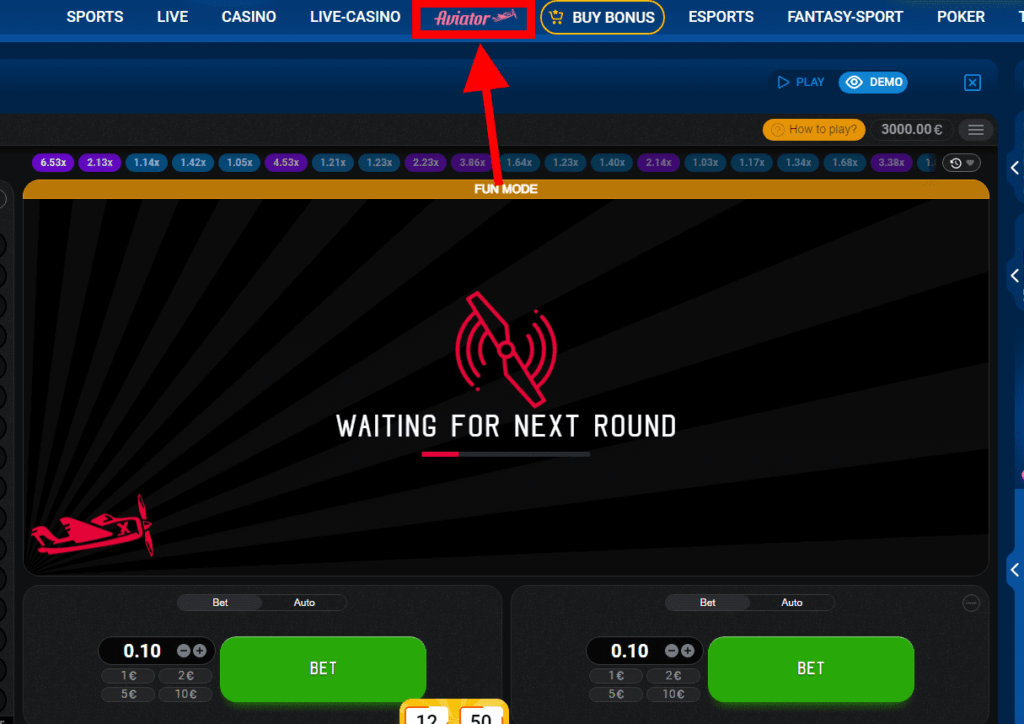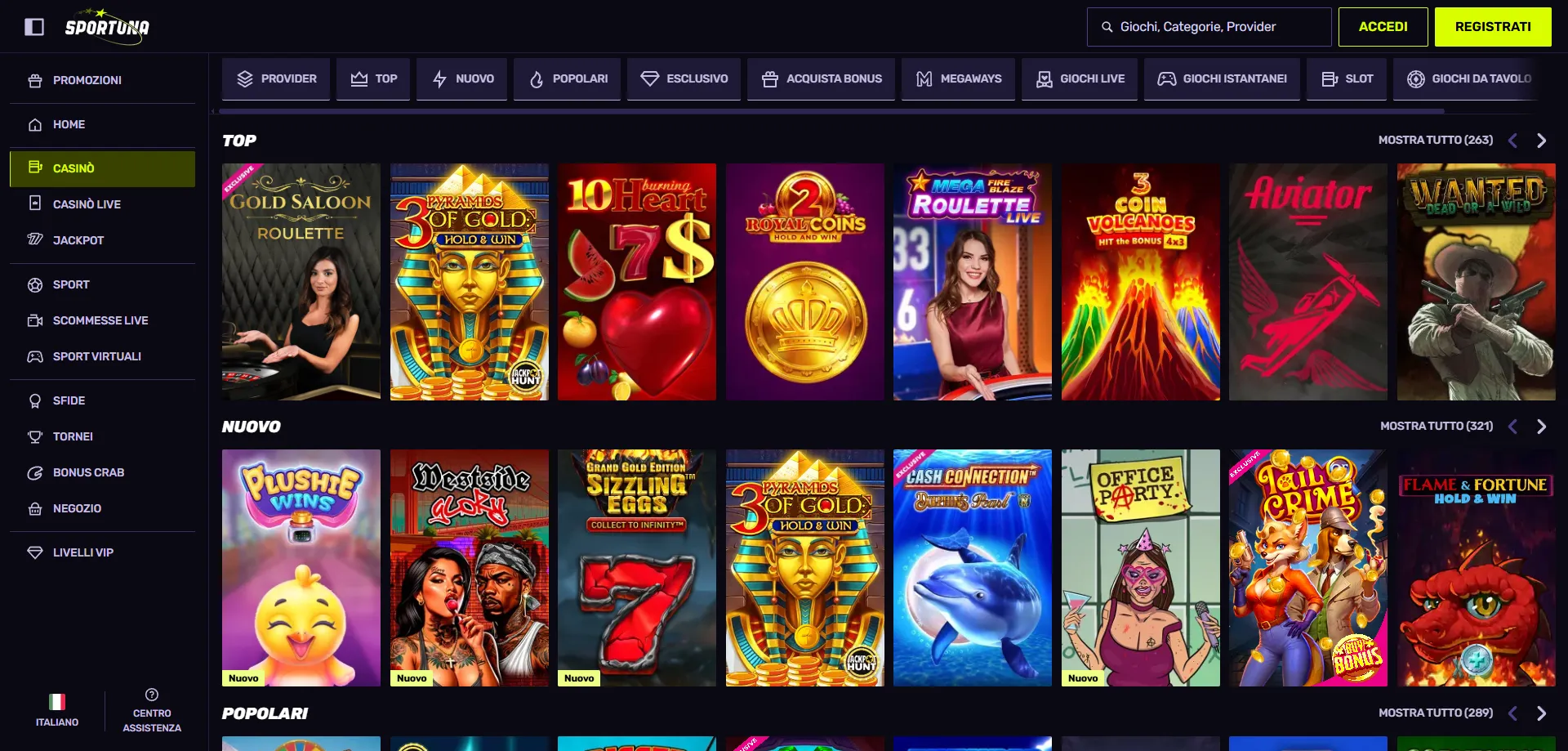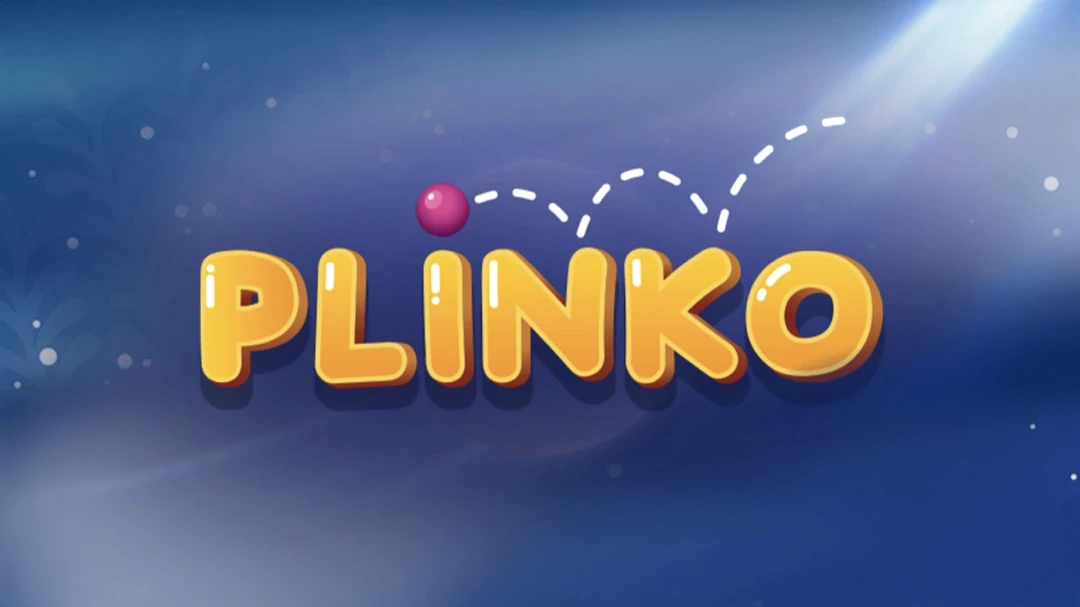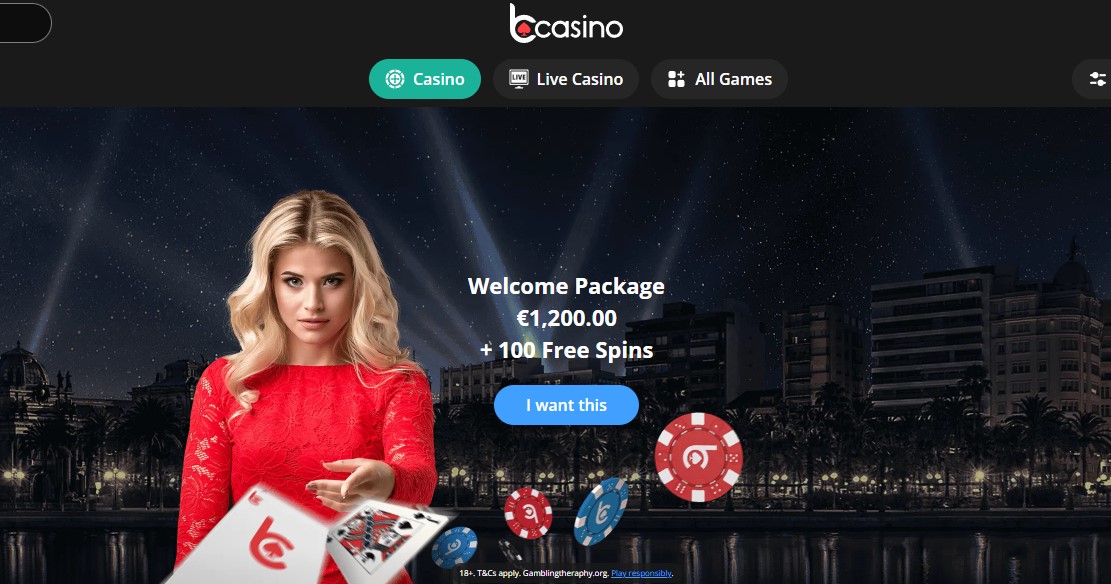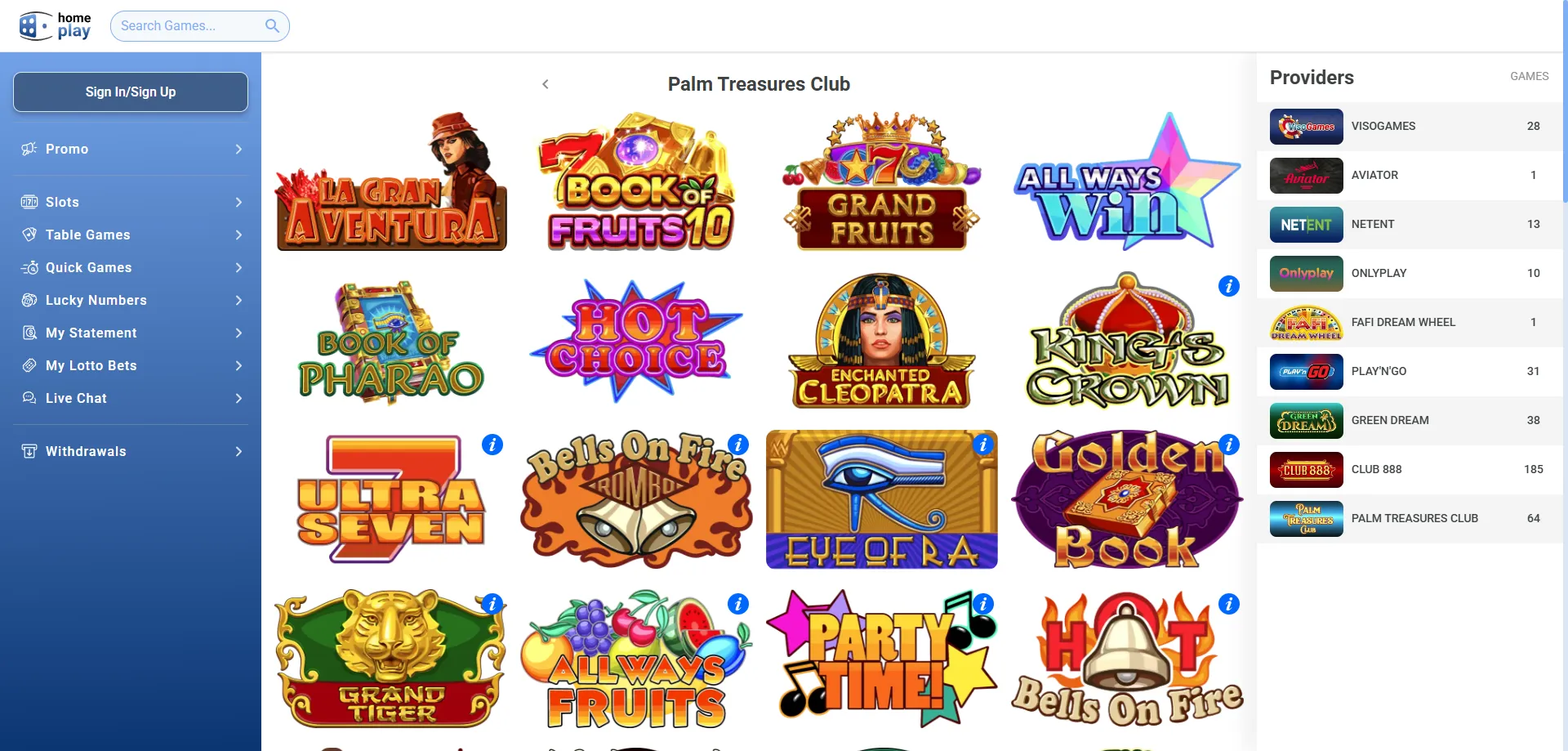Let’s face it — nobody likes waiting, especially when the money you’ve just won is sitting in limbo. If you’ve ever hit it big on a slot machine or crushed it at the blackjack table only to wait days (or worse, weeks) to get your cash out… you’ll love what’s coming. Welcome to the world of fast-payout Non-AAMS casinos, where cashouts don’t require patience… just a few clicks. One of the top names making waves? casinò non AAMS che pagano subito — yes, these casinos pay fast, and that’s no bluff.
🚀 Why Fast Payouts Matter More Than Ever
Let’s paint a picture. You’re on a heater — maybe you’ve just landed a juicy €5,000 win on a bonus round. Adrenaline’s pumping, heart racing. You go to withdraw… and then you see the dreaded message: “Your withdrawal will be processed in 3-5 business days.” Ugh.
In today’s hyper-connected world, where you can order sushi to your door in 20 minutes or transfer money globally in seconds with crypto, why should you wait a week for your winnings? The answer: You shouldn’t. That’s where Non-AAMS casinos step in with lightning-fast withdrawals designed for players who value their time (and winnings!)
🌍 What Are Non-AAMS Casinos Anyway?
Let’s break it down. AAMS stands for Agenzia delle Dogane e dei Monopoli — the Italian regulatory body. AAMS casinos are tightly regulated, which is great for safety, but it also means rigid rules, paperwork overload, strict win limits, and slow withdrawal processes.
Non-AAMS casinos? These are international platforms licensed under authorities like:
- Malta Gaming Authority (MGA)
- Curacao eGaming
- UK Gambling Commission
- Kahnawake Gaming Commission (Canada)
They’re legal in their jurisdictions, open to international players, and — best of all — free from the snail-paced bureaucracy of AAMS. Think of them as the indie rockstars of the casino world: bold, unfiltered, and refreshingly fast.
💸 Fast-Payout Options: What Really Counts as “Instant”?
Let’s put some numbers behind the buzz. Here’s how traditional vs fast-payout Non-AAMS casinos stack up:
| Withdrawal Method | Traditional AAMS Casinos | Fast Non-AAMS Casinos |
|---|---|---|
| Bank Transfers | 3–7 Business Days | 24–48 Hours |
| eWallets (Skrill, Neteller) | 2–4 Days | 1–2 Hours |
| Crypto (BTC, ETH, etc.) | N/A or Not Supported | Instant – 1 Hour |
| Prepaid Cards | 5–10 Days | 24 Hours |
That means — if you’re playing on the right platform, you could have your winnings in your wallet before you even finish your coffee.
🏆 Top Fast-Payout Non-AAMS Casinos in 2025
Don’t just take our word for it. Here are the real MVPs of fast-payout casinos this year — platforms known for speed, reliability, and solid reputations.
| Casino | License | Payout Speed (eWallets) | Notable Features |
|---|---|---|---|
| Winning.io | Curacao | Under 30 minutes | Supports 10+ cryptocurrencies |
| Stake | Curacao | Instant for crypto | Crypto-only, no KYC |
| Slotimo | Curacao | 1–2 hours | Great VIP system |
| PlayZilla | Curacao | 2–3 hours | No withdrawal fees |
| HellSpin | Curacao | Under 1 hour | Daily cashbacks |
🔐 How Do These Sites Pay Out So Fast?
The secret sauce? Fewer middlemen + smart tech. Here’s how they make it happen:
- Automated Payments: No human needed to confirm every transaction.
- Crypto Integration: Forget banks — it’s wallet-to-wallet and done.
- No bureaucratic AAMS red tape: Less paperwork, less waiting.
- Streamlined KYC: Either super-fast or skipped entirely, especially for crypto players.
💡 Real Case Study: From Frustration to Freedom
Meet Luca. A casual slots player from Florence, Luca was tired of waiting 5+ days for his withdrawals. On a friend’s recommendation, he switched to HellSpin (a well-rated Non-AAMS crypto-friendly platform). After a lucky weekend netting €1,200, he cashed out in ETH. The funds hit his wallet in under 45 minutes. Say goodbye to stress and hello to speed. Now, Luca wouldn’t touch AAMS casinos with a ten-foot pole.
📊 The Growing Trend: Players Want Speed
Let’s back this up with data:
- 🕐 78% of players said withdrawal speed is a top concern when choosing a casino (CasinoWeekly Survey, 2025)
- 💸 52% of international players now prefer crypto casinos for instant withdrawals
- 🚫 Over 34% left AAMS platforms due to slow cashouts alone
🎯 What to Look for When Choosing a Fast-Payout Casino
Not all Non-AAMS casinos are created equal. Some are fast on paper but slow in practice. Here’s your checklist for speed demons:
✅ Must-Haves:
- Fast payout guarantees (1-24 hours max)
- Multiple withdrawal options (eWallets, crypto, etc.)
- Trusted licensing (Curacao, MGA)
- No hidden fees
- Positive reviews online (Reddit, Trustpilot, etc.)
🚩 Red Flags:
- Unclear withdrawal rules or limits
- Forced long KYC wait times
- Only bank transfer options
- Lack of transparency on payout times
🧠 Quick Formula for Finding the Right Casino
Let’s simplify this with a little formula you can follow any time you’re checking out a new platform:
Speed Score = (Withdrawal Methods Variety × User Reviews) / Avg Payout Time (hrs)
So if Casino A has 4 payout methods, 5-star reviews, and 2-hour payouts:
Speed Score = (4 × 5) / 2 = 10
A score of 8–10 means lightning-fast. Anything under 5? Run.
❓ FAQs
👉 Are Non-AAMS casinos legal?
Yes, they are licensed by international gambling regulators and are legal in most countries unless locally restricted.
👉 Is it safe to use crypto for withdrawals?
Absolutely. Crypto payments are encrypted, fast, and increasingly common in the online casino world.
👉 Can I withdraw without KYC?
Some fast-payout casinos (especially crypto-based ones) let you withdraw without full verification. Always check their policy first.
👉 Best fast-payout method?
Crypto is #1 for speed. eWallets like Skrill and Neteller are also very quick.
🥇 Wrap-Up: Time Is Money — Literally
If you’re still stuck waiting days for your hard-earned winnings, it’s time to upgrade. Fast-payout Non-AAMS casinos like casinò non AAMS che pagano subito offer the speed, flexibility, and player-centric experience modern gamblers expect. With the right platform, you can win and withdraw in the same day — sometimes before the champagne even pops.
So here’s the million-dollar question: Why wait when you don’t have to?


